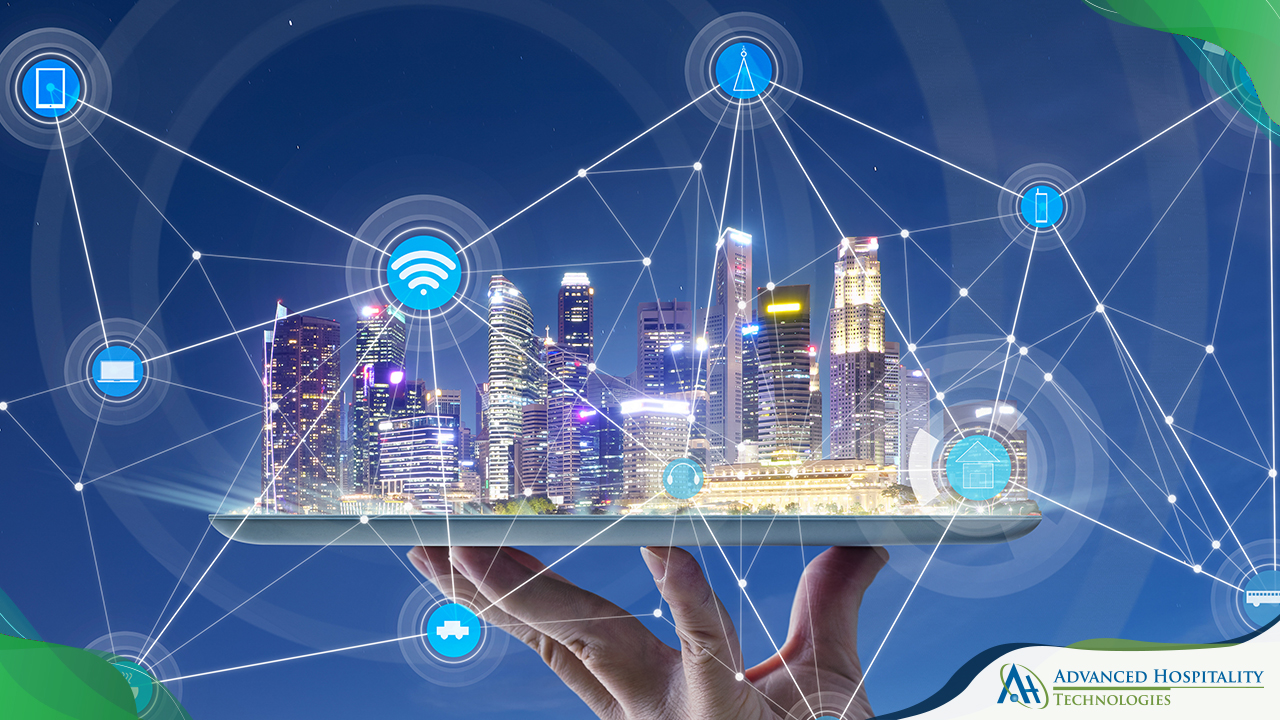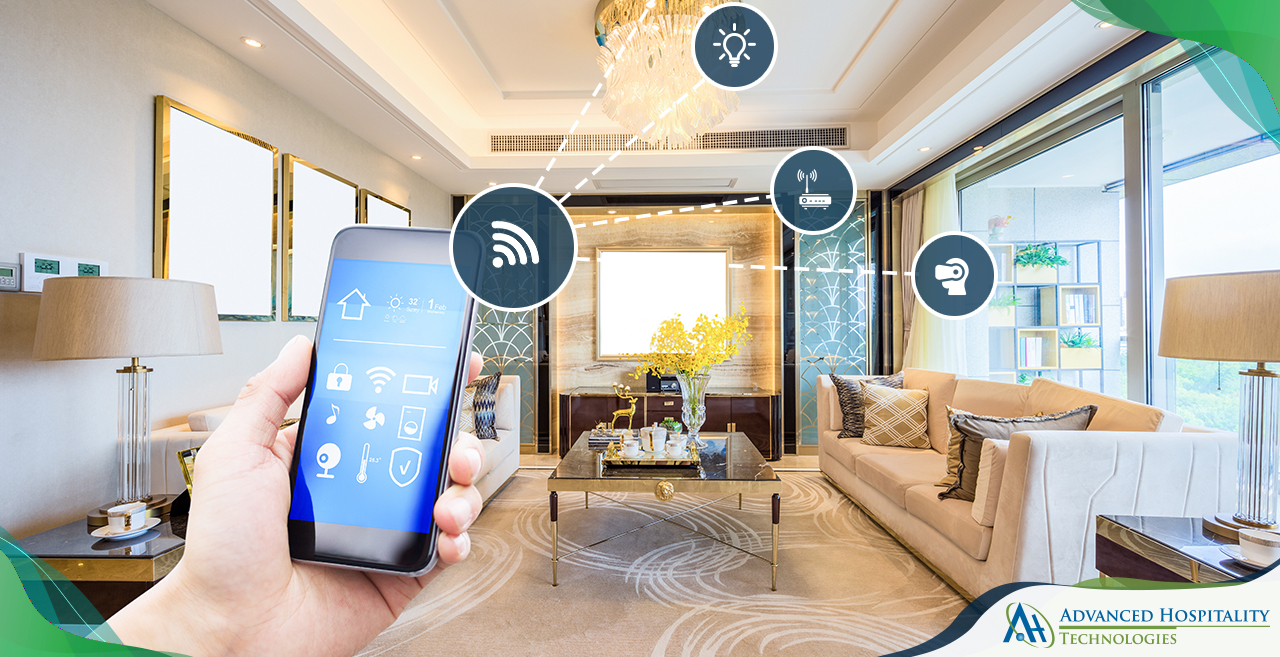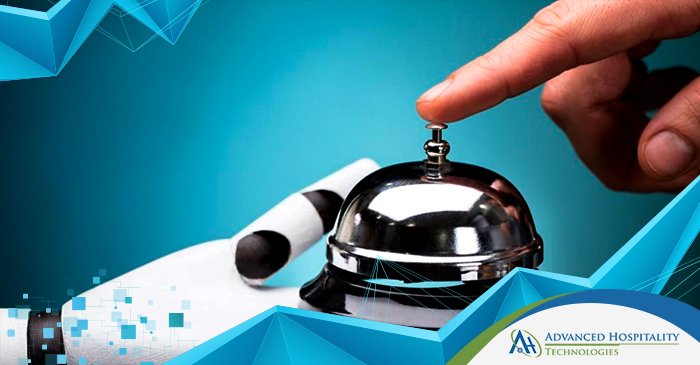Introduction
Smart devices are transforming hotel rooms into high-tech, personalized spaces, providing guests with greater convenience, comfort, and control. As travelers become more tech-savvy and expect seamless, connected experiences, hotels are integrating smart technology into their rooms to enhance guest satisfaction. From voice-controlled assistants to smart lighting, thermostats, and entertainment systems, these devices create a more interactive and customized stay.
Here’s a closer look at how smart devices are revolutionizing hotel rooms:
1. Voice-Controlled Assistants
Voice-controlled assistants, such as Amazon Alexa or Google Assistant, are becoming common in modern hotel rooms. These virtual assistants allow guests to control various room functions using simple voice commands, adding a level of convenience and personalization.
For example, guests can use voice commands to:
- Adjust the room temperature or lighting.
- Play music, watch TV, or stream their favorite content.
- Set alarms, order room service, or request housekeeping.
- Access hotel information, such as restaurant hours or nearby attractions.
By integrating voice assistants, hotels create a hands-free, intuitive experience where guests can control their environment effortlessly. This not only enhances comfort but also makes the stay more enjoyable, particularly for tech-savvy travelers.
2. Smart Thermostats
Smart thermostats are an essential part of the modern hotel room, allowing guests to easily adjust the temperature to their liking while also improving energy efficiency. These devices can be controlled via a mobile app or voice command, giving guests more control over their comfort.
Moreover, smart thermostats can be programmed to adjust automatically based on guest preferences or room occupancy. For instance, they can lower energy consumption when the room is vacant and return to the preferred temperature when the guest returns. Some systems can even “learn” the guest’s habits and adjust accordingly, creating a personalized experience while helping hotels reduce energy costs.
3. Smart Lighting
Smart lighting systems are another feature of high-tech hotel rooms. These systems allow guests to control the intensity, color, and timing of the lights to suit their mood or needs. For example, guests can:
- Dim the lights for a relaxed evening atmosphere.
- Set a “wake-up” light that gradually brightens in the morning.
- Use motion sensors to automatically turn on lights when entering the room and off when leaving.
This kind of smart lighting not only enhances comfort but also contributes to energy savings, as lights can be programmed to turn off when the room is unoccupied.
4. Smart Entertainment Systems
Smart TVs and entertainment systems are now expected in many hotels, giving guests access to a range of entertainment options. Instead of traditional cable TV, smart TVs allow guests to stream their favorite shows, movies, and music from platforms like Netflix, Hulu, or Spotify.
Guests can also connect their personal devices to the TV, allowing them to mirror their screens, watch content from their phone or tablet, and access customized entertainment. This level of interactivity allows guests to feel more at home, making their stay more enjoyable.
Some smart TVs in hotels are integrated with voice control and can be operated via mobile apps, adding another layer of convenience. Guests can also use these systems to access hotel services, such as ordering room service or booking spa appointments, directly from the TV interface.
5. Mobile Room Controls
Many hotels now offer mobile apps that let guests control various aspects of their room directly from their smartphones. These apps serve as a remote control for room features, allowing guests to:
- Unlock their door with a mobile key.
- Adjust the thermostat and lighting.
- Control the TV and entertainment systems.
- Order services, such as food or housekeeping, through the app.
Mobile room controls give guests more flexibility and personalization, allowing them to tailor their room environment to their preferences before even stepping into the hotel. This not only streamlines the guest experience but also reduces the need for physical interaction, a feature that became especially important during the COVID-19 pandemic.
6. Smart Mirrors
Smart mirrors are an innovative addition to some hotel rooms, particularly in luxury properties. These mirrors have built-in displays that allow guests to check the weather, read the news, or view their schedules while getting ready in the morning. They may also feature integrated lighting that adjusts to different settings, such as “daylight” for applying makeup or “relax” mode for evening use.
In some cases, smart mirrors can even connect to the room’s entertainment system, allowing guests to watch TV or stream music while in the bathroom. This not only enhances convenience but also provides an added layer of luxury and entertainment for guests.
7. Smart Showers and Bathrooms
Some hotels are taking bathroom technology to the next level with smart showers and toilets. Smart showers allow guests to control the water temperature, pressure, and flow from a digital interface, ensuring a personalized and comfortable experience.
Smart toilets, often seen in high-end hotels, come equipped with features such as heated seats, automatic flushing, and adjustable bidets. These fixtures provide an elevated level of luxury and convenience for guests, aligning with the growing trend of high-tech, smart hotel rooms.
8. In-Room Tablets
In-room tablets are becoming a common feature in modern hotel rooms, allowing guests to control various room functions, access hotel services, and browse local information all from one device. These tablets can act as a central hub for the room, letting guests:
- Control lighting, temperature, and entertainment.
- Order room service or request extra amenities.
- Check hotel events, restaurant menus, or nearby attractions.
By offering a digital solution that consolidates room controls and hotel services, in-room tablets provide a streamlined and interactive guest experience.
Conclusion
Smart devices in hotel rooms are not just a luxury anymore; they are rapidly becoming a standard expectation for tech-savvy guests. From voice-controlled assistants and smart thermostats to mobile room controls and in-room tablets, these technologies create more convenient, personalized, and connected stays. Hotels that invest in smart room technology are better positioned to meet the evolving needs of today’s guests while improving operational efficiency, energy management, and overall guest satisfaction. As the hospitality industry continues to evolve, smart devices will play an increasingly important role in delivering next-generation hotel experiences.




